Transport economics • Competition
➤ See also:
Note: For educational purpose only. This page is meant purely as a documentation tool and has no legal effect. It is not a substitute for the official page of the operating company, manufacturer or official institutions. It cannot be used for staff training, which is the responsibility of approved institutions and companies.
👉 (Version française disponible)
Summary
There are two general forms of competition in the rail sector:
- Open access:
Open access in European railways (OA) refers to the ability of train operators, both private and public, to use railway infrastructure without being the infrastructure’s owner. This system allows multiple companies to run passenger or freight services on the same rail network, fostering competition. In OA services, where competition is more mature, the following effects could be noticed:
− Lower fares as operators compete to attract more passengers.
− Potential cost reductions, allowing operators to maintain profit margins in the face of decreased revenue.
− Increased frequencies and thereby more flexibility for the passengers.
− Improved service quality to attract customers, such as offering amenities like free Wi-Fi, catering facilities, modern rolling stock, lounge spaces in the stations etc.
− More choice in rail freight offerings with marketing resolutely focused on the customer (demand) rather than supply. - Public Service Obligation:
A Public Service Obligation contract (PSO) in the context of European railways is a legal agreement between government authorities and railway operators to provide essential services that may not be profitable but are necessary for public interest. Under PSO contracts, governments compensate operators for running specific train services (e.g., regional or rural routes) to ensure accessibility, affordability, and frequency, even on less economically viable routes. These contracts are common in the EU to maintain public transport standards and ensure equitable access to rail services. Market opening in this market segment is still recent with the exception of a few countries that introduced it very early on, such as Sweden, Germany and the Czech Republic. Its effects will be felt fully only upon the expiry of the last contracts awarded before December 2023, i.e. during the transitional period foreseen by the Fourth Railway Package.
Brief history
Early railways were built, operated, maintained and owned by private companies. Railway networks continued their expansion thanks to the many private investors during the industrial revolution. It was the first era of the railway. A combination of railways’ growing societal importance, decreasing profitability for railway companies and a strive to take advantage of various economies of scale made most European countries nationalize large parts of the railway networks and establish national railway monopolies during the early twentieth century. It was the second railway era.
The last three decades of twenty century, have witnessed a continued loss in market share for rail passenger and freight services by the intensive road transport competition. One cannot fail to observe internal failures in the railway sector, causing it to be incapable to adjust and respond to market changes over a long period of time and to shift to new business models. Moreover, state subsidies to rail were become or remained very substantial: they are second behind agricultural expenditures.
Major public finance issues emerged in the 90s, and governments took their railroads back in hand, but in a very different way than before.This explain the coming of a third era of railway.
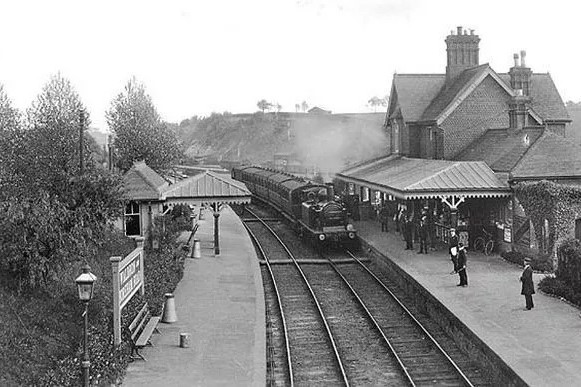
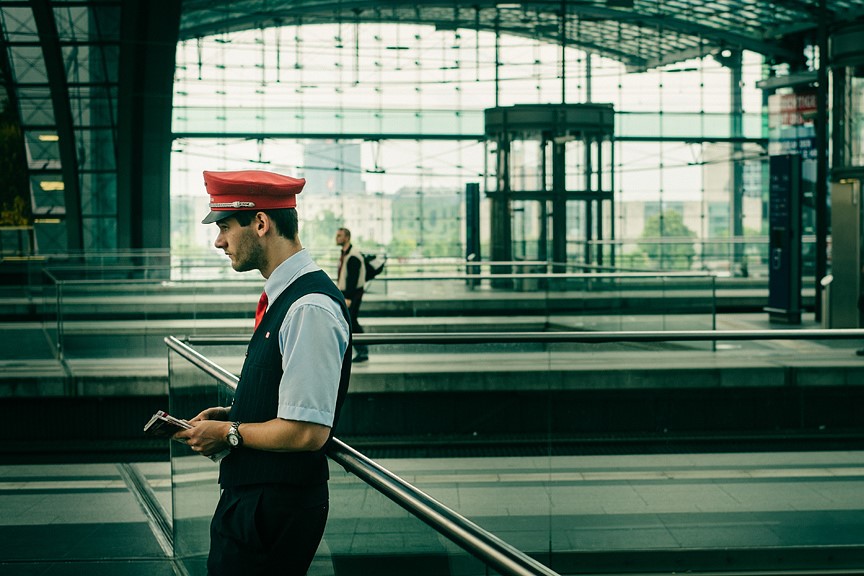
Legislative developments
The adoption of Directive 91/440/EEC in 1991 marked a turning point, as the EU initiated efforts to introduce competition by granting independent railway companies the right to apply for track access, which was unthinkable in the 1980s. Since then, several legislative packages have been implemented to further liberalize the railway markets.
Competition, whether open access (OA) or on the basis of a public service contract (PSO), has been introduced in stages, through four legislative packages drawn up over 16 years (2001, 2004, 2007 and 2016). At the same time, a recast of the 1st railway package (Dir. 2012/34/EU) was initiated in 2012 by focusing on enhancing competition transparency in rail market access, empowering national regulators for crossborder collaboration, and fortifying the financial structure to encourage investment. Directive 2012/34/EU established a unified European railway area.
Some countries have emerged as pioneers in the liberalization of railway markets. While the EU liberalized freight railway markets in the 1990s, leading to a certain degree of maturity across member states, the liberalization of passenger railway markets has followed a more varied pace and progression. As a result, some countries, like Germany and Sweden, have had liberalized markets since the 1990s, while others are only now beginning to open up with the implementation of key provisions from the 4th Railway Package. These varying timelines of market competition across Europe offer valuable case studies on the effects of competition and the broader impact of the 4th Railway Package on both markets and society.
Critics have often argued that it is Europe that is responsible for the woes of the rail sector (a term that has yet to be defined). This assertion is false, because all the directives could only be passed with the assent of all the Member States, as laid down in the Treaty on European Union. The Member States are therefore fully responsible for introducing competition. They are even responsible for the degree of competition introduced on national soil, that varies from a state to another. Many small countries like Belgium or the Netherlands and also regions responsible of regional transport in France rushed to sign a 10-year contract with the incumbent before the fateful date of 25 December 2023.
Open access
The EU legislation on open access in railways aims to create a more competitive and efficient rail network across Europe. The key points include:
- Third Railway Package (2007): This introduced open access rights for international rail passenger services, allowing operators to pick up and set down passengers at any station on an international route, including within the same Member State. It also introduced a European driver license for train drivers and strengthened rail passengers’ rights.
- Single European Railway Directive (2012 – Consolidated text in 2019): This directive consolidates previous legislation and allows open access operations on railway lines by companies other than those that own the rail infrastructure. It aims to create a more efficient rail network by fostering competition and ensuring that infrastructure and service operations are separate and run on a commercial basis.
- Fourth Railway Package (published on OJEU in 2016): This package aims to open up the market for domestic passenger rail services to increase competition and enhance the governance of infrastructure managers. It addresses issues such as market entry barriers and conflicts of interest in integrated structures.
The first private trains were operated in countries that still had a monopoly from 2002-2003, by new operators who took advantage of the provisions of the first two rail packages (2001 and 2004). Sweden, Germany and the UK already had since 90s private rail freight companies and had not waited for Europe’s provisions, which proves that it is indeed the States that decide their own railway policy. This policy has largely favored the emergence of locomotive rental companies, something that didn’t yet exist in the 90s.
A number of open access operators emerged around 2012, including NTV-Italo in Italy, Transdev in Sweden, WESTBahn in Austria and RegioJet in the Czech Republic. They took advantage of the 3rd package of 2007, and the possibility of opening non-subsidised long-distance lines.
In 2012, Thello also arrived in France, operating a night train between Paris and Venice, and a service between Marseille, Nice and Milan. The pandemic bankrupted Thello, which no longer exists. Flixtrain, meanwhile, only arrived in Germany in 2017, while Spain began a policy of controlled liberalization, in batches of traffic rights on three specified routes, with the arrival in 2021 of Ouigo Espana, an SNCF subsidiary, followed by Iryo, a Trenitalia subsidiary. In 2021, Trenitalia will open a link between Paris and Lyon – a first in the French high-speed market – followed in 2023 by Renfe, the Spanish operator.
All these initiatives concern only non-subsidized long-distance routes, with the commercial risk being taken by the operator.
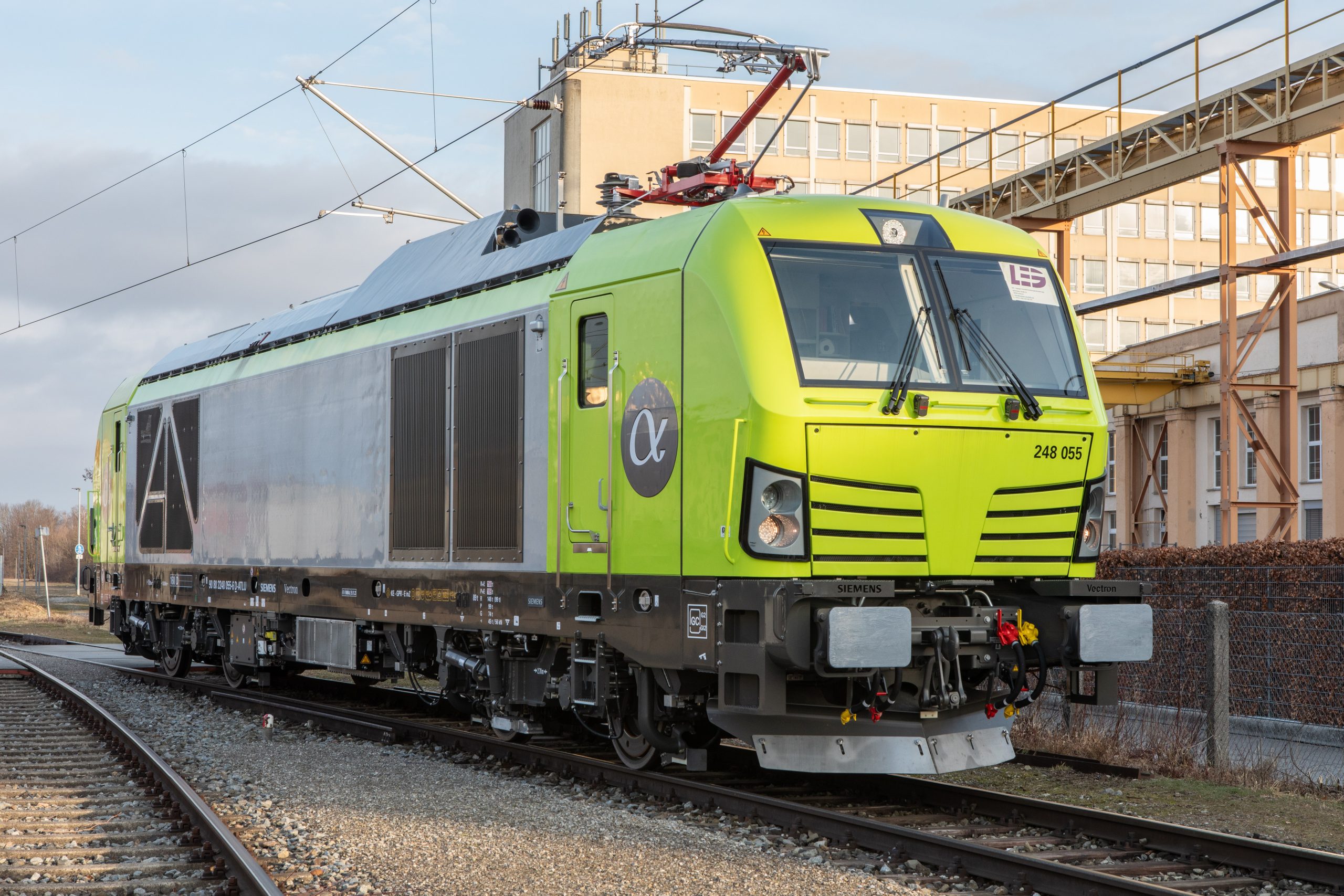
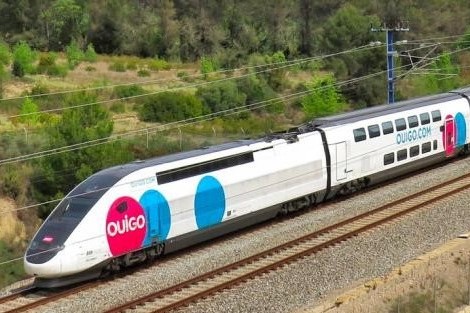
PSO (Public Service Obligation)
Public Service Obligations (PSOs) in the EU railway sector are designed to ensure that essential public transport services are provided even if they are not commercially viable. Here are the key points:
- Regulation (EC) No 1370/2007: This regulation sets out the conditions under which transport operators can be compensated or given exclusive rights by public authorities to provide public transport services that are in the general interest. It aims to ensure safe, efficient, attractive, and high-quality public passenger transport services.
- Public Service Contracts: Authorities must conclude public service contracts when they give exclusive rights or compensation to public transport operators. These contracts define the public service obligations, the rules for calculating compensation, and the nature and scope of any exclusive rights.
- Compensation and Exclusive Rights: The regulation allows for financial compensation to operators to cover the costs incurred in providing public service obligations. It also sets rules on how public service contracts must be awarded and how to avoid overcompensation.
- Scope: The regulation applies to public passenger transport services by bus and rail, but EU countries can also apply it to inland waterways and national sea waters.
PSO in the context of railways refers to a government mandate requiring railway operators to provide certain services that may not be commercially viable but are deemed essential for public benefit. The goal is to promote equitable access to transportation, connectivity for remote areas, but also to obtain, through calls for tender, competition on price and quality of service.
To support these services, governments often provide subsidies or financial aid to railway operators so that they can maintain operations on these routes despite potential financial losses.
In some large countries, the local train management is managed by the regions or provinces. These political entities then have a choice of operator, and may prefer an operator other than the incumbent national operator. These operators are not appointed for life, but by contract over X years, often 10 to 15 years. They are governed by a strict financial framework (subsidies paid) that will not be exceeded, within which operators must deliver an agreed service of X trains per year.
With an OSP, you have to pay close attention to the type of risk and a host of criteria imposed by the applicant. In general, there is little room for initiative, but some operators can demonstrate that they can manage more trains with the same money.
Sweden pioneered the practice, followed by Germany and, in 2000, the Netherlands, for a few small lines in the east of the country. France regionalized its transport system for 90s, but imposed that SNCF decide on everything. This system has been abolished, and since 2020, some regions have opted for an alternative operator, as between Marseille and Nice. The UK had a similar system, but it required a return to zero subsidy, which was rarely the case.
PSOs are not really suitable for countries where the train service is highly integrated in terms of connections, as in the Benelux countries, Denmark or Switzerland, although Switzerland does run multiple operators, always as a local monopoly.


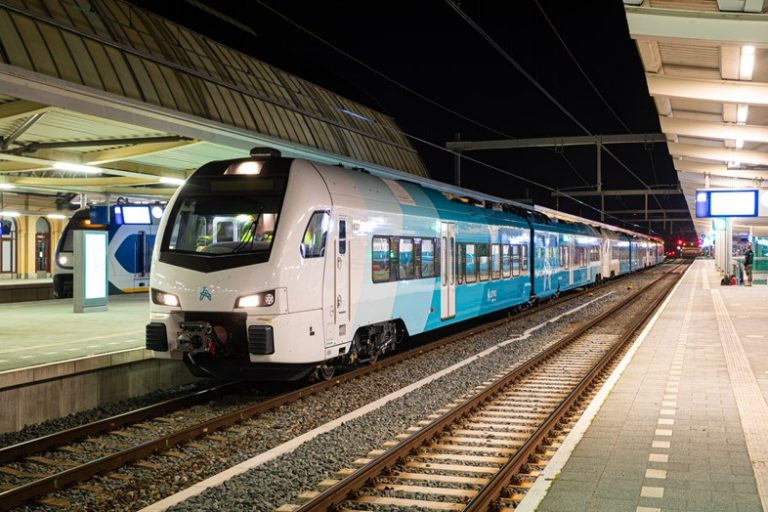
👉 (Version française disponible)
🟧
[TOP]
Transport economics • Competition • Lexical
